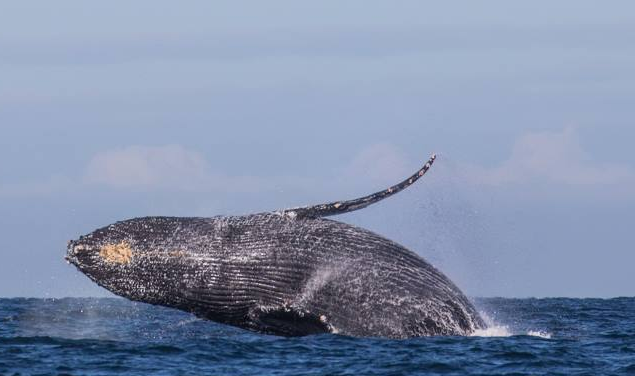
There are several environmental activists who raised their voice against the animal cruelty, including whaling which had left many populations severely depleted by the middle of 20th century. Now, as reports claimed that Japan was planning to resume whaling for commercial purposes, the Australian government has urged them to reconsider the decision.
China's Xinhua news agency reported that on Thursday, December 20 reports emerged, stating that Japan was preparing to withdraw from the International Whaling Commission (IWC) so that they can restart the whaling.
Later, Melissa Price, Australian Environment Minister stated that while the government would "strongly prefer" that Japan remains a party to the IWC, the decision was "a matter for Japan".
She also said, "Australia remains committed to the IWC and acknowledges its crucial role as the pre-eminent international body responsible for the conservation of whales and the management of whaling. We will continue to work through the Commission to conserve whales, and remain opposed to all forms of commercial and so-called 'scientific' whaling."
Japan has continued to carry out whaling for research purpose, but they claimed that the overall population of this marine species has raised to a point and now the ban on commercial whaling is no longer required. However, in September 2018, IWC denied the request made by the country to resume commercial whaling.
Apart from Japan, countries such as Iceland continue to hunt whales for their markets and for such commercial requirement over 1000 whales a year are being killed. Several IWC member countries, including US tried to persuade Iceland to end its commercial whaling and later in 2011 after pressure from WWF and others, US government officially declared Iceland in defiance of the IWC ban. However, Iceland resumed its fin whale hunt, in 2013.
Threat continues:
As per IWC the whales are still facing several threats and it said:
"Threats to cetaceans can be said to incorporate two broad categories. The first are those that result in death in the short-term such as direct hunting (e.g. whaling) and accidental/incidental mortality (e.g. bycatches in fishing gear, ship strikes)."
"The other category of threats is more difficult to identify and especially quantify – those that can be said to affect the 'overall fitness' of the population with respect to reproductive success and/or survivorship and that are generally related to environmental degradation. These include such factors as chemical pollution, noise pollution, overexploitation of prey, disturbance, climate change, etc."
"At the level of the individual animal these may not always appear to be a problem (for example a female whose reproductive ability has been impaired may seem perfectly healthy), but at the population level, they may represent a serious threat."









